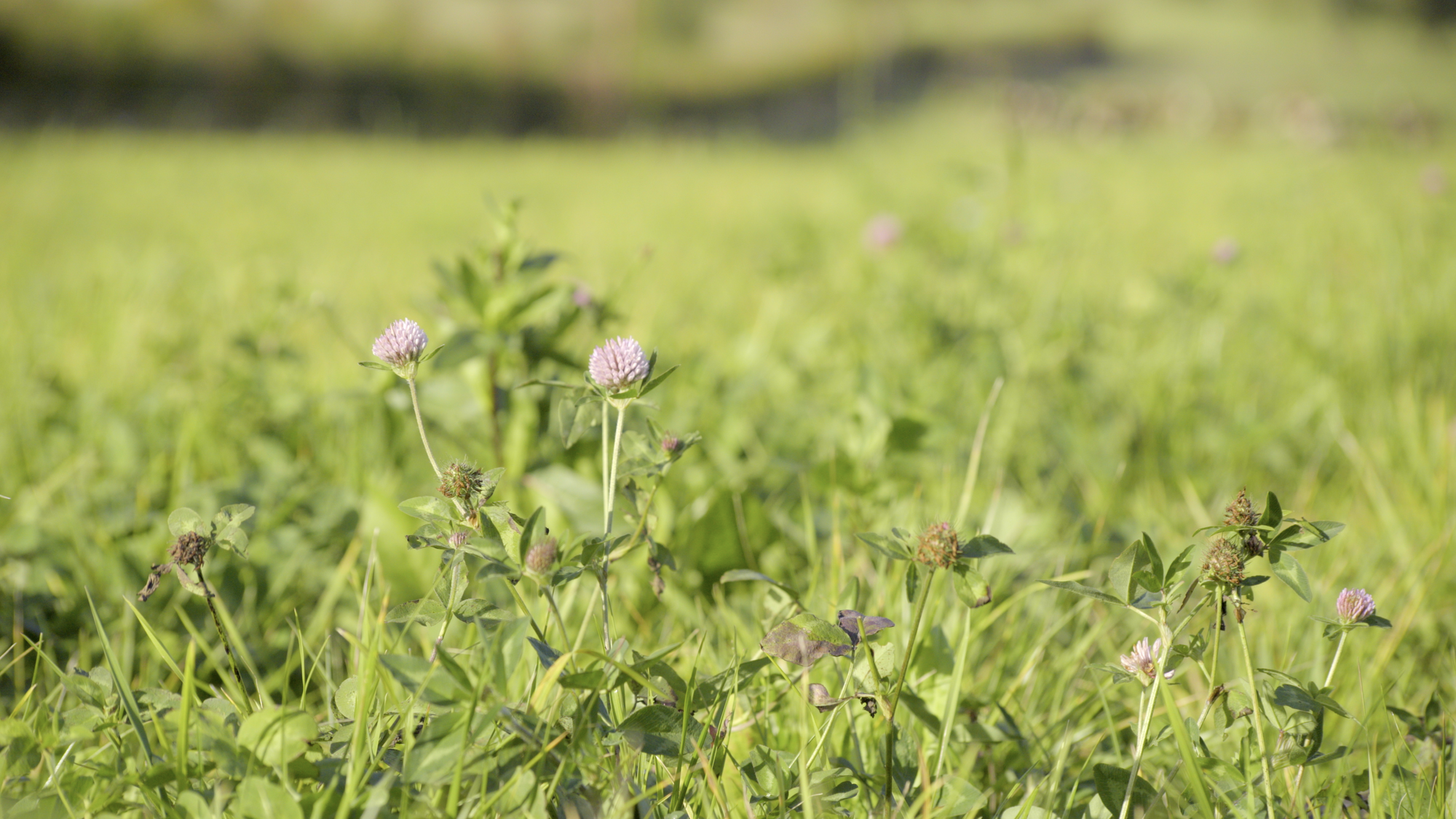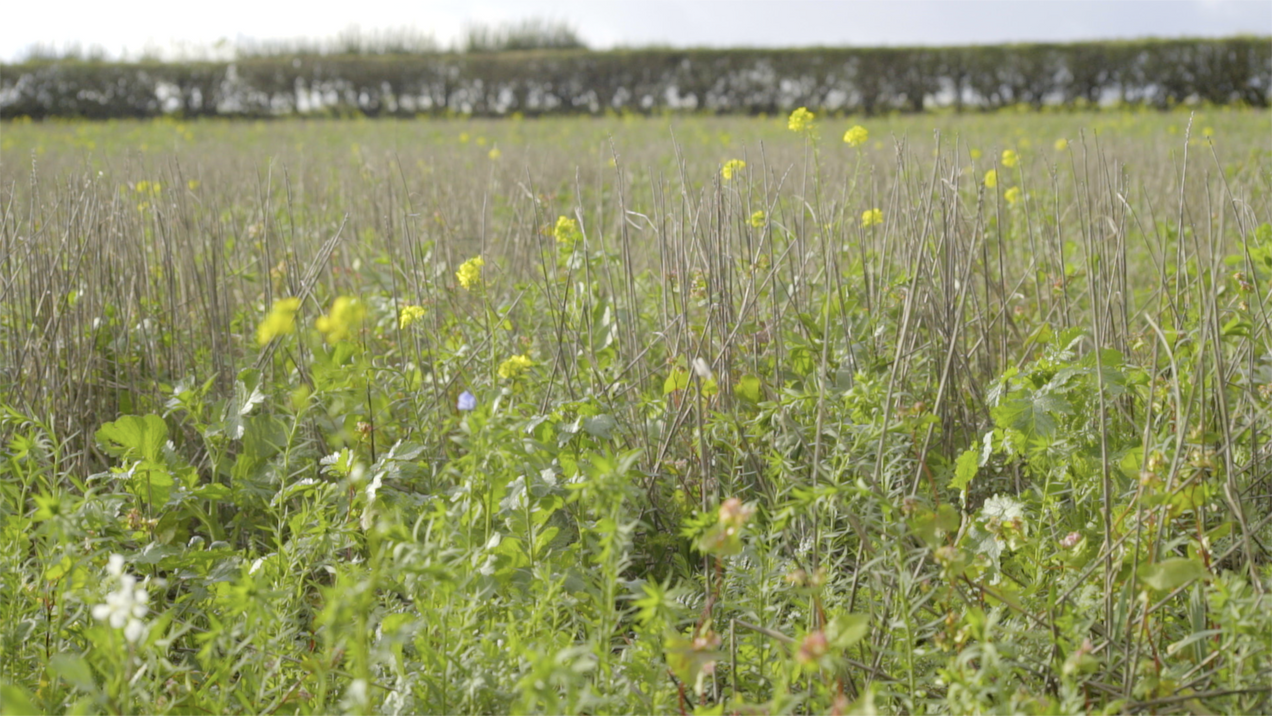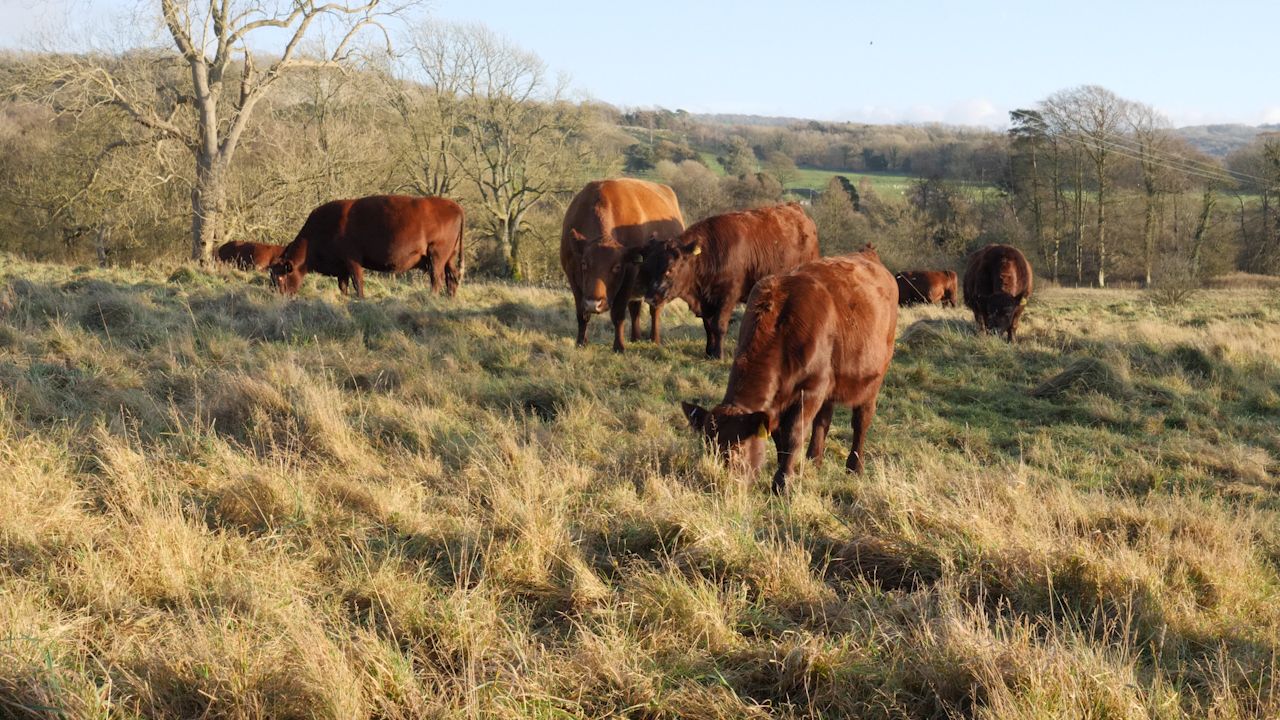
A Just Transition in Agriculture
The agriculture industry has transformed in the last 70 years. Agriculture needs a just transition as much as coal mining communities do, but whereas there is no future for coal mines in a zero-carbon world, there has to be a future for agriculture.
‘Just Transition’ has been used by the labour movement to express how they think workers in fossil-fuel intensive industries need to be supported to move into low-carbon jobs so they do not lose out in the transition to a zero carbon economy. Agriculture is another sector where big changes are needed if we are going to achieve zero-carbon and restore nature - twin crises that in farming need to be tackled together.
A Just Transition requires that workers are involved in the process of change and in agriculture this means that farmers and others who work on the land need to be at the centre of working out what that change should be. This report looks at two ways forward that have come from farmers and landowners: regenerative agriculture, which puts the health of the soil at the heart of the farming system, and ‘farming for nature.’
Since the 1950s the aim in farming - promoted by government and internalised by farmers - has been to increase output. This has resulted in plentiful food and bigger farms and large companies in other parts of the food chain, from agrochemicals to supermarkets, have prospered. From all other points of view it has been a disaster: it has degraded soils; increased flood risks; polluted water and air; led to the loss of wildlife, and the decline of agricultural communities. Animals are kept in conditions which do not allow them to behave in ways natural to them. Even on the food front, while most (but not all) of us have plenty of food, many do not have healthy diets.
Regenerative Agriculture requires firstly a change in mindset, from trying to maximise yield to maximising profit per hectare through minimising inputs, improving soil health and developing a diversity of enterprises on the same land. It requires an approach of continual experimentation and learning. Such diverse agricultural systems are more capable of providing varied, interesting, knowledge-based, year round employment - more and better work - than industrialised farming.
In another approach, that the report calls ‘farming for nature’, the main aim is to restore particular habitats, species or natural processes; with food as a by-product. The cessation of farming on marginal land has not always resulted in gains for biodiversity. Grasslands in particular can become less diverse, taken over by invasive species (such as bracken in the UK) when grazing is stopped. Well-managed grazing by the right sort of herbivores (often hardy, native breed cattle) can restore biodiverse habitats, sequester carbon and help prevent flooding as well as retaining jobs in farming.
The culture of agricultural communities is very different from those of post-industrial areas, but like the latter, they have suffered from substantial declines in jobs and losses of what formerly held them together. There is a danger that, feeling ignored by the prosperous cities, those in rural communities who have lost out turn to political extremists who seem at least to give them someone to blame for their plight, in the way that many in rural America turned to Trump in 2016. The decimation of agricultural communities is therefore something that we should all be concerned about. Agriculture needs a just transition as much as coal mining communities do, but whereas there is no future for coal mines in a zero-carbon world, there has to be a future for agriculture.
Listen to Podcasts about Just Transition in Agriculture:

Watch interviews with farmers focusing on the different approaches:





